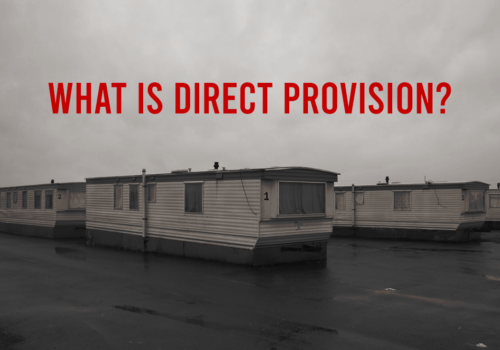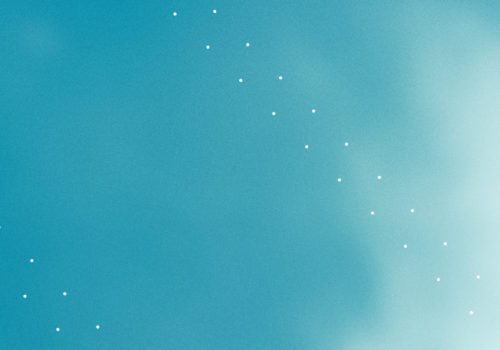22 Questions for 2022: Politics & Activism
Words: Eva O’Beirne
Artwork: Paul Smith
Photography: George Voronov
Olivia McNeill’s Image, her own
District has challenged 22 different organisations and people to ask the questions that matter to them for the year ahead.
From art and culture to labour and housing, we wanted to reach all corners of this little island to see what problems are most pressing to its people.
In this section we focused on politics and activism and how so many societal issues are connected together.
Direct Provision
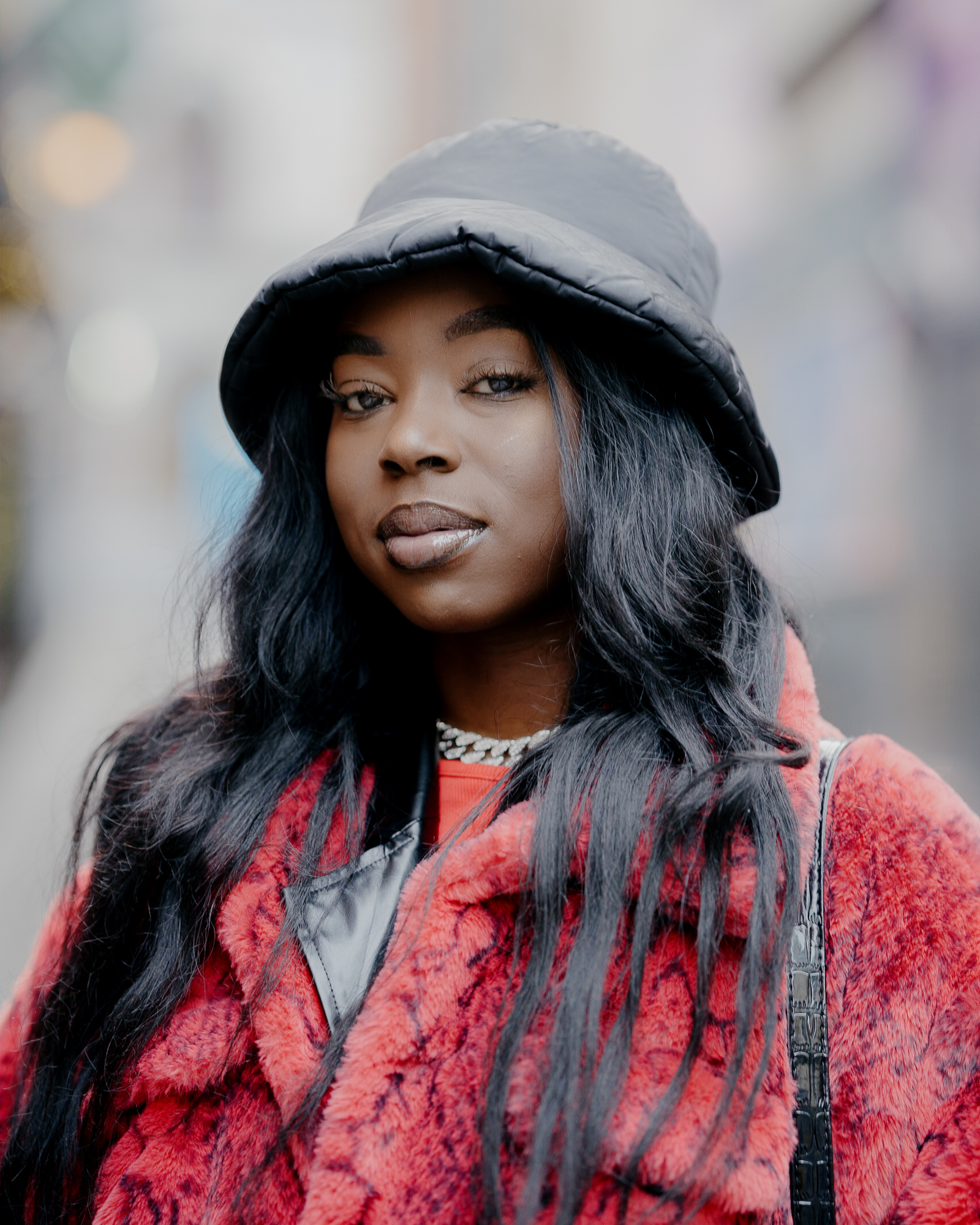
When will we find justice for everyone who has experienced the trauma of Direct Provision?
Alicia Raye is a musician who spent seven years in Direct Provision, leaving the system just before she turned fifteen. Recounting her experiences, she explains that the effects of Direct Provision don’t stop when you leave the system.
“The first place we lived in was horrific. It was one room, with two beds and a sink. As you’re growing up you’re left wondering “why is our house a bedroom?”. I didn’t know why I was here, why we came to Ireland. It felt like I was in a loading bay of people. When you grow up and you learn the truth, you don’t know where to direct your anger. I didn’t know whether to blame my parents or not, and then to be told to go back to my country in secondary school….it made me so angry.”
“I spent most of my time in Direct Provision in Mosney. We moved there to help my sister access treatment as she had hydrocephalus. That’s why we came to Ireland in the first place, but I was too young to understand.”
Alicia explained that although she has nostalgia for her childhood, she finds it difficult to process everything she’s been through: “A lot of my friends feel the same way. We know the system is wrong but we learned to find a goodness in it. It’s almost like an abusive relationship or being groomed.
We all have issues in some way, some form of mental health problems and the root cause is definitely our experiences.” Alicia recounted being on hunger strike at the age of twelve, as well as being filmed by camera crews visiting the centre: “My class knew I lived in Direct Provision because they would see me on TV when RTÉ came along to film us, without our consent. It felt so weird.”
Direct Provision was originally introduced as an emergency measure in 1999. Designed to last five years, it was announced in February 2021 that the system would be abolished in 2024. Although many see this as a victory, Alicia points out that issues surrounding Direct Provision are far from over: “Are we fighting for abolishment or justice? The issue with Direct Provision is that it’s like they’re bending down to help people, but pushing them down with the other hand.”
Citizenship and birth-right citizenship is another issue that residents in Direct Provision face. In 2004, a referendum to change the 27th Amendment removed entitlement to citizenship by birth to everyone born in Ireland, meaning those born in Direct Provision are often left stateless until their parents become citizens.
My class knew I lived in Direct Provision because they would see me on TV when RTÉ came along to film us without our consent. It felt so weird.
Alicia Raye
Alicia explained her struggle to accept her Irish citizenship: “Sometimes I’m so angry with the way I’ve been treated that I want to reject any parts of me that are Irish, but then I realise I’ve spent years and over two grand trying to achieve this status. I deserve to be here. Despite being called slurs by kids and told to go home, I deserve to be here.”
“People are ignorant and expect you to educate them. People who’ve been in Direct Provision look at this recent outrage and are like, “why are you only caring about this now?”. The best way to help is to stay aware of what this new system could be.”
You can check out Alicia’s music here.
LGBT Issues
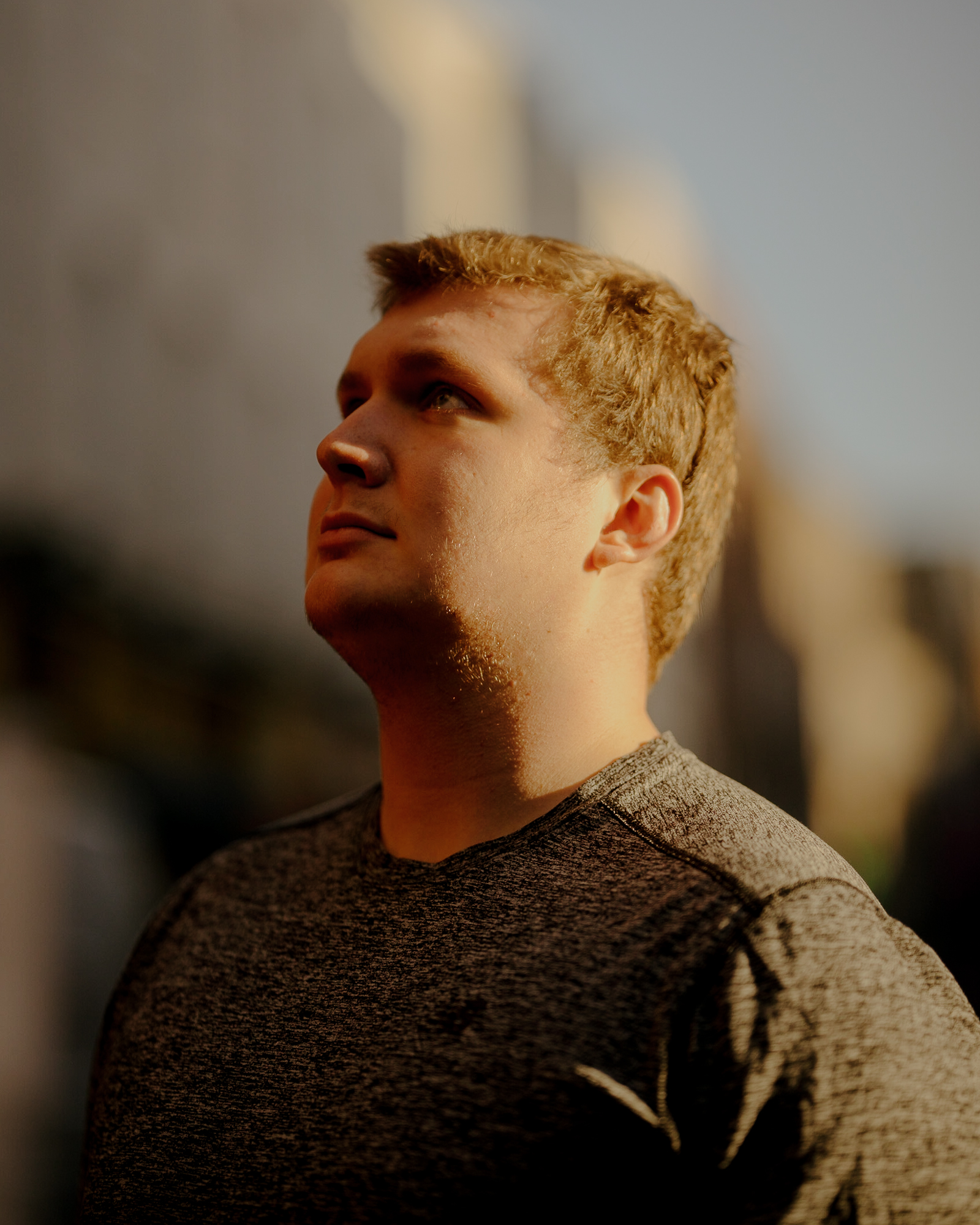
When will conversion therapy be banned in Ireland?
Eoin from the Anti-Conversion Therapy Coalition asked what seems like the obvious, but is actually a very complicated issue.
When asked about the Government’s response to the campaign, Eoin voiced frustrations felt amongst the group: “Its alarming that we haven’t heard much from the Government on this issue in recent months, especially when you consider that in the HSE, conversion therapy is present in institutions like Loughlinstown Hospital. It was my understanding that Roderic O’Gorman’s department wasn’t aware of that.”
It shouldn’t take a campaign to be set up to combat this issue when there’s a bill been sitting in the Seanad, gathering dust.
Eoin Fagan
The Anti-Conversion Therapy Coalition was founded in April of 2021 due to frustrations over the delay of the Prohibition of Conversion Therapies Bill in the Seanad. Almost 20 senators co-signed the bill when it was first put forward but nearly four years later the bill has only reached the third stage in the Seanad.
Minister O’Gorman, the current Minister for Equality has indicated that his department is investigating the matter, but months of silence and lack of clarity is continually letting the LGBTQ+ community down.
“The most pressing question is when will this practice, that has been described as torture by the UN, be outlawed. We can’t say that we’re a country that leads in LGBTQ+ and human rights when people can be subjected to this treatment. Its not good enough.”
The Anti-Conversion Therapy Coalition’s Uplift petition currently has over 20,000 signatures. You can check it out here.
Abortion Access
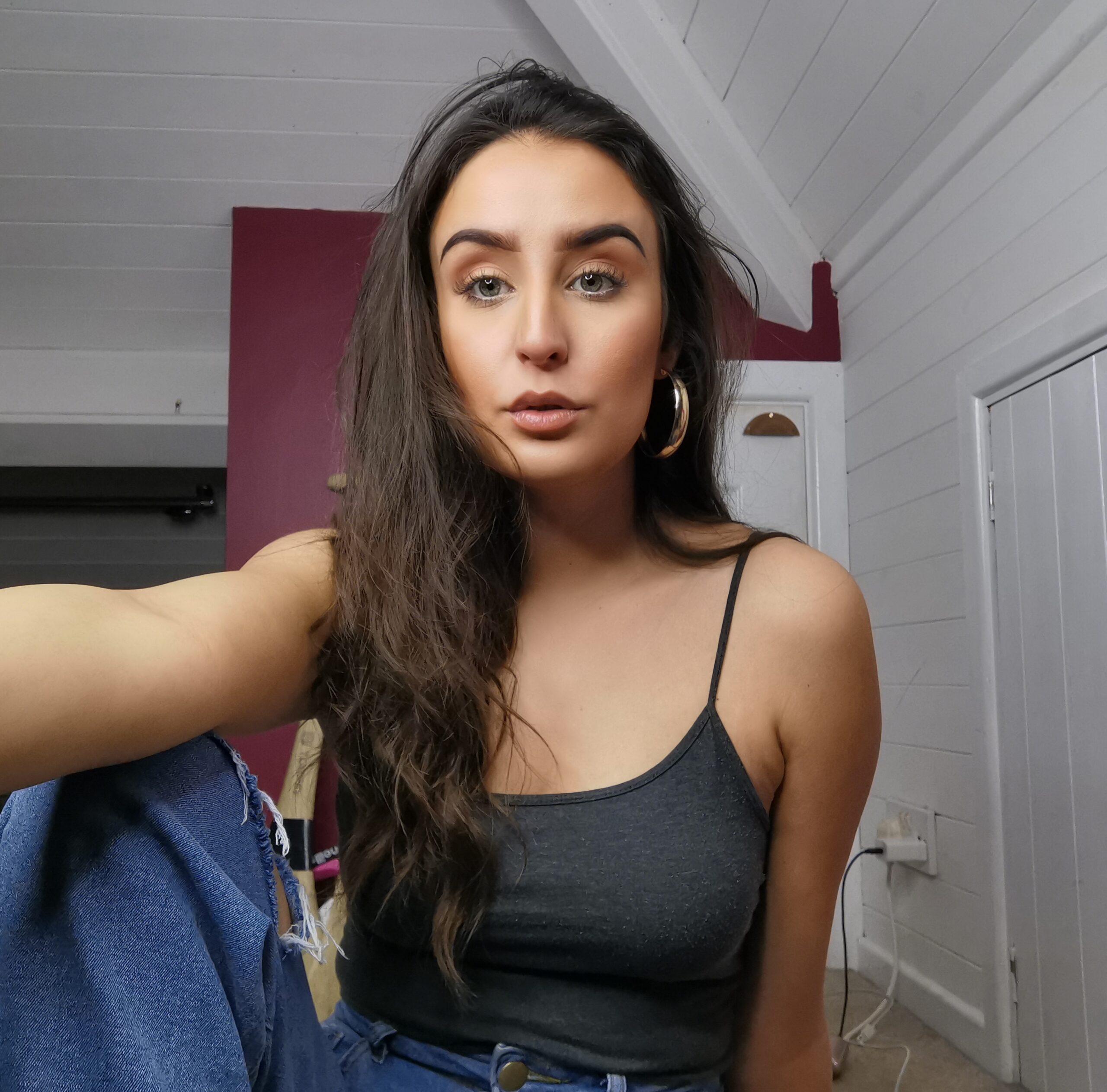
When are we going to stop treating the issue of abortion as an emotive topic and start treating it as a medical procedure?
Olivia, a representative from ROSA and based in Northern Ireland knows exactly how this problem can be solved but recognised that changing the perception of abortion is no easy task.
“I know the answer as to why we don’t do that, but there needs to be a cultural shift because that is what is holding everything back,” Olivia explained.
“That question is the reason why abortion is such a taboo subject and we still haven’t got proper access to it the way we should. Pro-choice activists are guilty of doing this as well. It is still being discussed as something we need to attach emotion to when actually that isn’t the issue here at all. It’s still being discussed as if the acts leading up to that event matter in any way, when they don’t.”
Olivia is a trained lay person who used to help people with their self-managed abortions in Northern Ireland when the practice was illegal. Abortion was decriminalised in 2019 but abortion services in the North have still not been commissioned.
Those seeking the procedure have been granted funding by the British government to travel to England throughout the pandemic to receive what is their reproductive right.
“It’s still being treated as a moral issue here and that’s the crux of the problem here. The argument shouldn’t be “is this right”, it should be “this is a medical procedure that you would treat like any other”. Only then will the access come and it will be viewed objectively. It’s not being viewed objectively. Being viewed, not even as a moral question, but a moral act when it isn’t.”
Olivia also acknowledged the issue of a lack of political support for abortion in the North: “We don’t have any openly pro-choice party. With the exception of the Green Party. The Green Party are the only party who could say they are pro-choice.”
Westminster has given Stormont a direct order that abortion services must be available in Northern Ireland by March 2022. The question is, what will these services look like and will they be hinged on “morality” instead of healthcare?
Climate Change

What societal issues can we solve while dealing with climate change?
Criodán Ó Murchú says its incredibly hard to pinpoint exactly how he became interested in climate change and climate activism, but similar to a lot of Irish people, the recession of 2007 was a catalyst for his awareness of the struggles Irish society goes through. Determined to improve the standard of living in Ireland, Criodán wants us all to look at consumption and policies rather than individual responsibility.
“90 per cent of plastics aren’t recycled,’ he pointed out. “So much of Irish climate change activism has been contingent on individual responsibility rather than individual welfare.”
Studying environmental science in NUI Galway and a committed student activist, Criodán emphasises that climate justice should be a lot more than cycling to work, rather it should be a major factor when it comes to new builds and public facilities.
“Climate change is not an opportunity, but it should make us consider how changing the facilities around us for the better will also benefit the environment. Consider housing. Properly built, insulated houses will reduce energy consumption as well as costs for tenants. Reusing energy is such a basic concept but it would help so many people.”
In a country where the government would rather subsidise flights from Donegal to Dublin instead of investing in long-term solutions like public transport, it can be hard to have faith in party policies. “Accessible public transport reduces emissions, safe and segregated cycle ways encourages exercise. They can do so much more than a tax incentive.”
Accessible public transport reduces emissions, safe and segregated cycle ways encourages exercise. They can do so much more than a tax incentive
Criodán Ó Murchu
Green policies in Ireland no doubt cater to middle and upper classes more than most. “I don’t like this neo-liberal attitude that the market will handle everything. The carbon tax, as a regressive tax, targets poor people. It’s cheaper for them to buy fossil fuels than to invest in radiators or gas systems,” Criodán explained. “The government aren’t willing to do what is necessary.”
“There’s issues like soil restoration that need to be addressed and there’s no real push from the government to acknowledge the ways agricultural farming can be more environmentally friendly without costing jobs.”
The impact of cryptocurrencies and data centres on the environment are also on Criodán’s mind, but if he were to ask the government to introduce one policy that would also assist the population’s welfare it would be to nationalise the energy sector and mandate a certain number of solar panels on each new build.
Anti-Racism
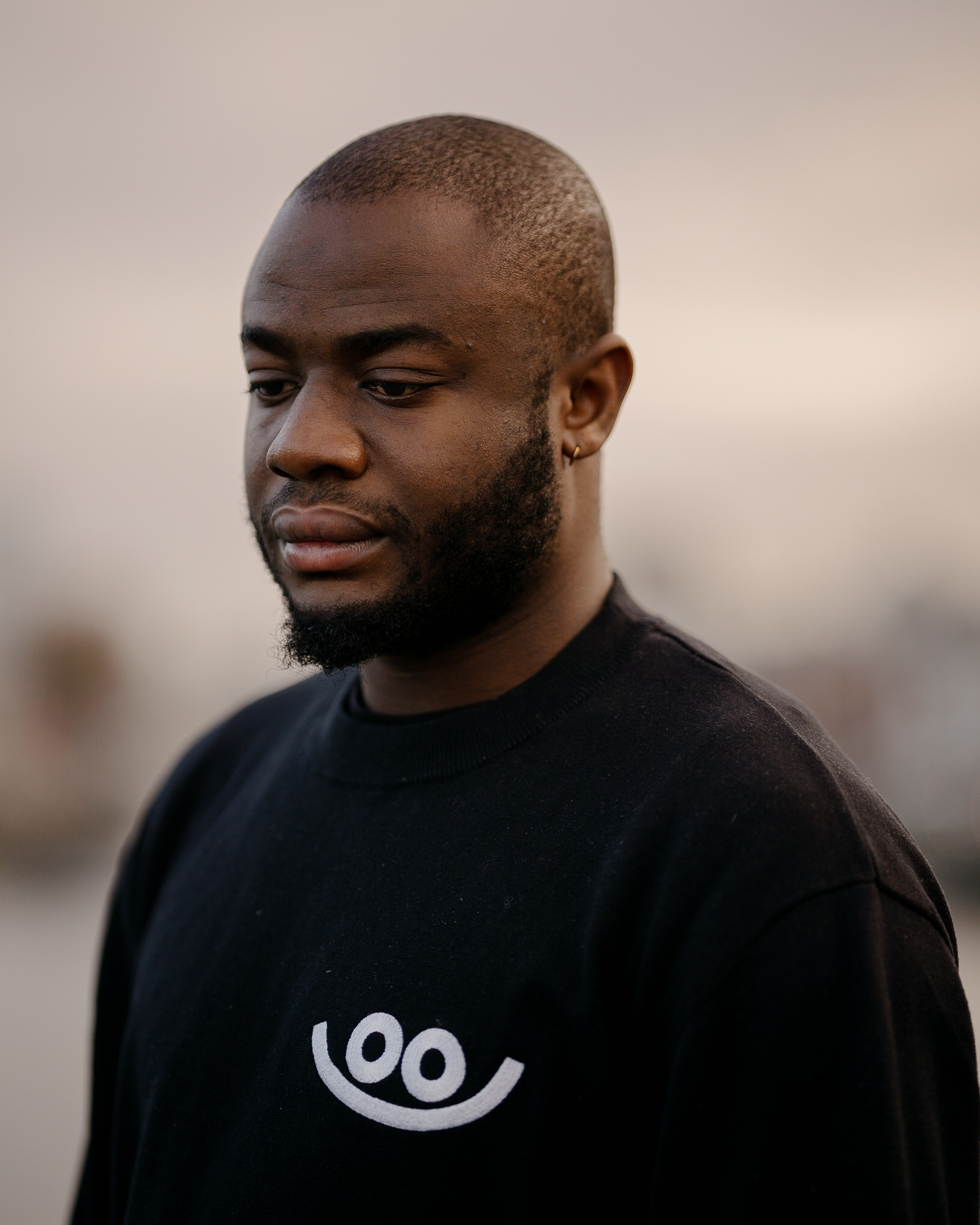
Can we come up with two or three specific things for people to do to help minorities in Ireland?
Black and Irish was founded two years ago to celebrate and highlight black and mixed race people from Ireland and their stories. One of the founders, Femi, sat down with us to discuss dismantling racist systems that are biased against minorities and the concept that celebrating communities is just as important as highlighting any difficulties they experience.
“I think a lot of people who aren’t from minorities can get caught up in idealised views of what the world can look like rather than focusing on right here, right now. And people from minorities have differing views on what can be done to help them too. There’s no quick actions, its continuous actions.”
Femi also highlighted the important intersection of race and the concept of being Irish: “I think its important we don’t separate minorities from being Irish. They’re Irish too. Being celebrated by the wider community gives everyone a sense of belonging and that’s so important, for anyone really.”
Representation is also an issue facing black people in Ireland. Barriers in terms of finance and connections limits the ability for minorities to run for local elections in comparison to their white counterparts. “There are plenty of people who would like to be involved politically and politically engaged, but the same opportunities don’t exist.”
I think a lot of people who aren’t from minorities can get caught up in idealised views of what the world can look like rather than focusing on right here, right now.
Femi Bankole
Femi also touched on the issue of hate crimes in Ireland, underlining that people have to hold the judicial system accountable for when light sentences are given. “There’s no real deterrent for hate crimes or racism in Ireland and calling it out is the first step to raising awareness about these issues. Putting the systems in place for people to call out racism as well as deterrent measures are key to reducing racist incidents happening.”
But Femi also highlights the power of being positive about your identity. “Black and Irish is dedicated to celebrating being both black and Irish. It’s about creating a community that can celebrate both our similarities and differences. One of our core principles is celebrating diversity in our culture, whether it be African, Caribbean or anywhere else in the world. Making people comfortable in their identity is of utmost importance because it will help to alleviate so many problems.”
You can learn more about Black and Irish here.
Trans and Non Binary Issues
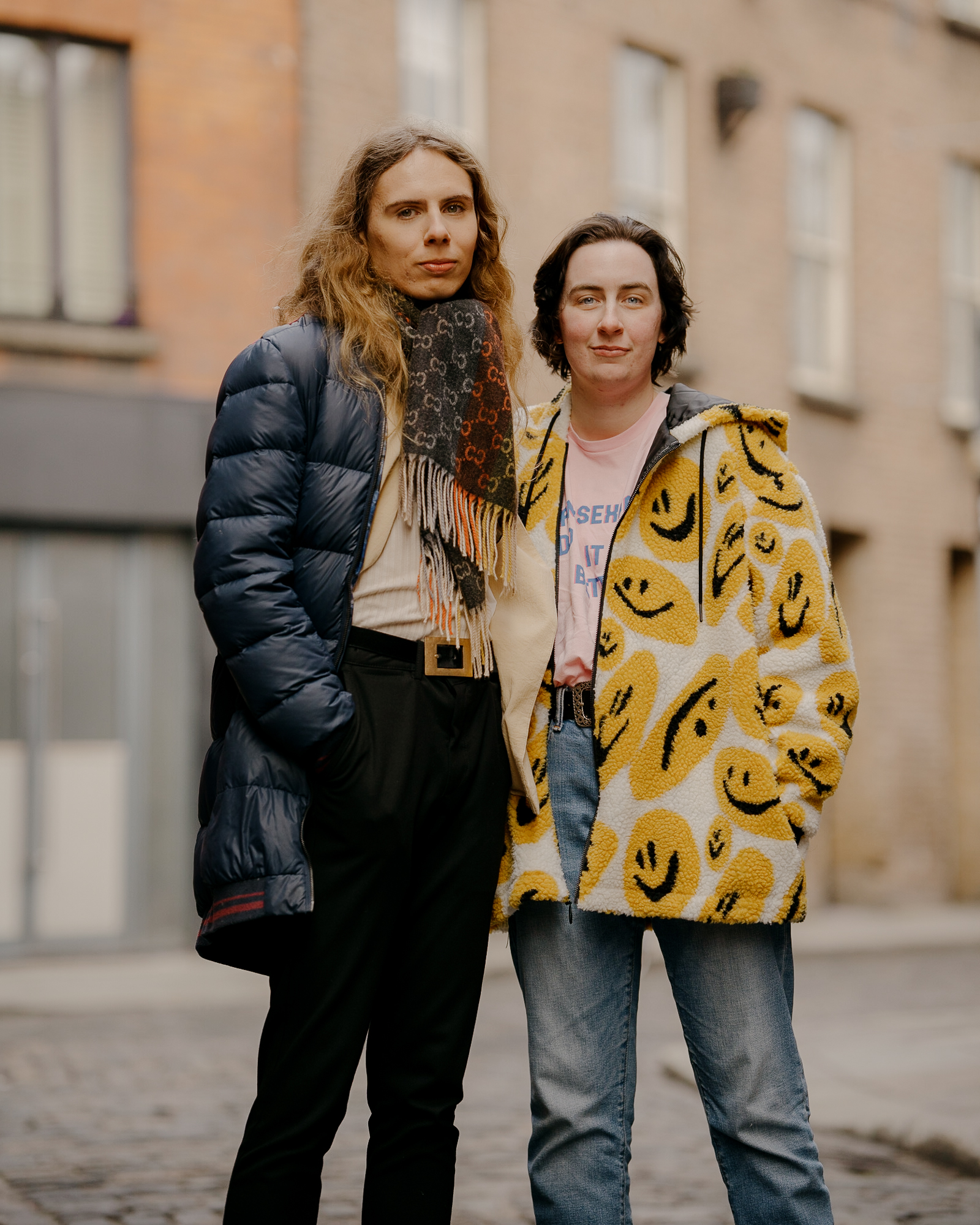
When will Ireland have safe, dedicated spaces for Trans people?
James and Greta from the Small Trans Library have one major wish. For the Small Trans Library to have one constant location where people can drink tea, gather for LGBTQ+ friendly events and simply read a good book. The organisation operates in three locations: Dublin, Glasgow and Cardiff but it acts as so much more than an international book club dedicated to trans literature.
The library currently has over 400 trans-authored books that are available for free for its members, but as James points out: “It’s way more than a place to read theory, its a community where people can come together.”
The pandemic has presented some challenges for the organisation. Greta emphasised that one of the main missions of the library is to be as in person as possible, which was obviously compromised by Covid-19: “It was weird because we were founded on the basis of being offline, because so much of the community is online. We wanted to provide in-person experiences for trans people to connect.”
The pair have noticed an increase of interest in the library which was shown clearly through their summer events across 2020 and 2021. “It really gave us the momentum to keep going once we saw over 40 people come along when we were expecting less than ten. The pandemic also allowed for us to really focus on the mutual aid aspect of the library when we couldn’t run events'” James continued.
The Small Trans Library has raised over 18,000 euro for trans people in Ireland alone. The mutual aid fund goes towards more than just medical procedures – it helps trans people survive. But there is a significant lack of trans support in Ireland, from healthcare to dedicated helplines. The Small Trans Library provides the community the ability to signpost trans-friendly businesses and to give advice to each other.
Greta and James both acknowledge increased discussion around trans rights in Ireland, paying particular attention to the amount of support for trans people in regards to the Irish Times boycott by the Trans Writers Union. “Its not been all sunshine and roses but honestly I was surprised by the waves of support, especially by student organisations,” James commented.
It’s way more than a place to read theory, its a community where people can come together.
Small Trans Library
In August of 2021, the Irish Times published an article that was widely received to be transphobic in nature. The contents of the article focused on conversion therapy but contained several swipes at the trans community. There was particular outrage at the comments Jennifer Langan made about “the tendency of some trans-identifying men, specifically porn-addled autogynephiles, to belligerently out themselves as violent misogynists.”
The increase of anti-trans rhetoric just emphasises the need for institutions like the Small Trans Library to have a dedicated space, a project they are continuously looking into. But how can we best support the trans community? Greta and James had the same thought process: “Money. Donations.”
“Trans people as well, are so reluctant to take help from people,” James continued. “You have to sit down with yourself and almost realise that you’re worthy of help.”
“Realising that we are worthy of taking care of ourselves is so important,’ Greta agreed.
You can find out more information about the Small Trans Library here.
Elsewhere on District: Reunions we need in 2022


